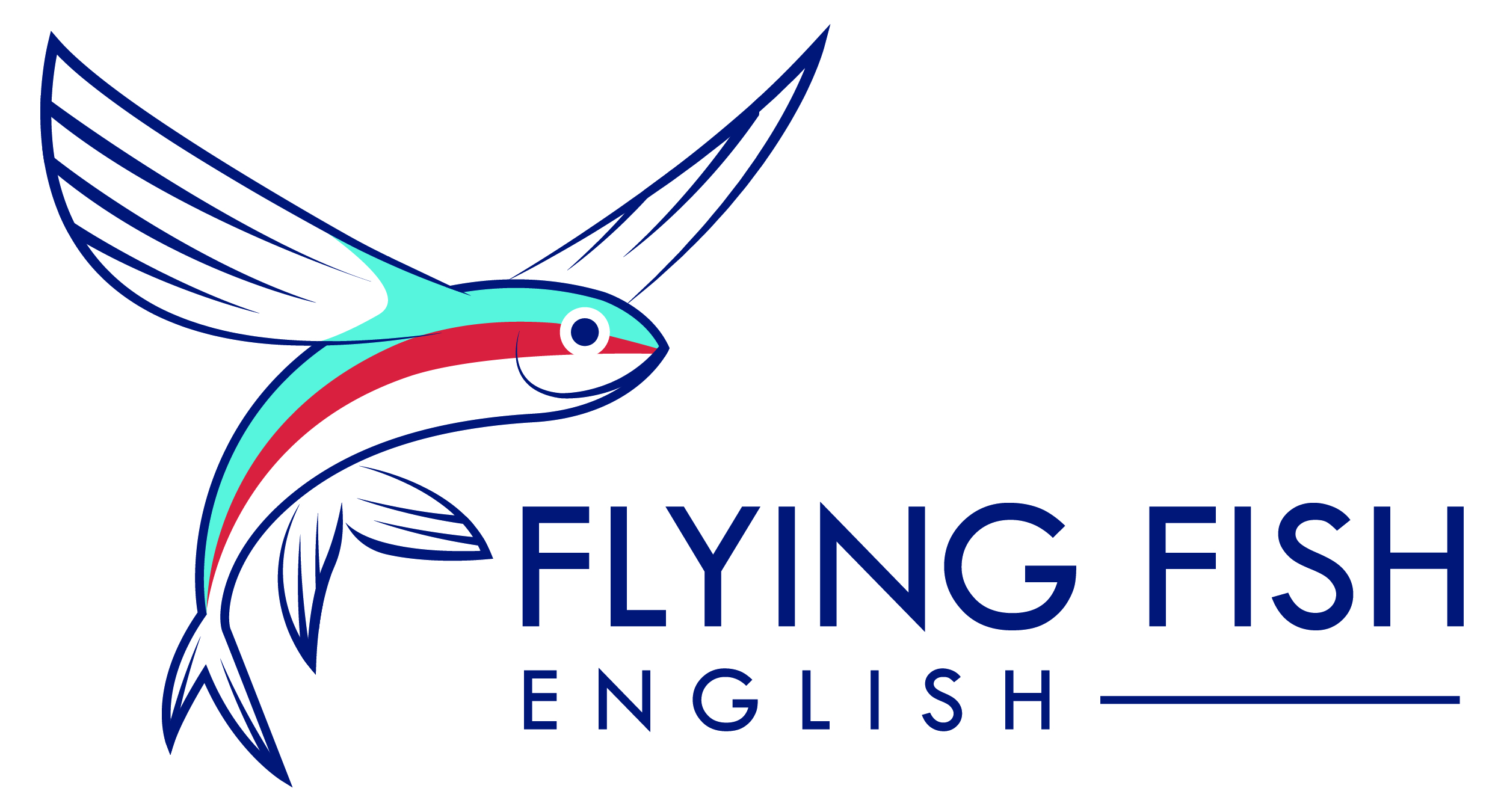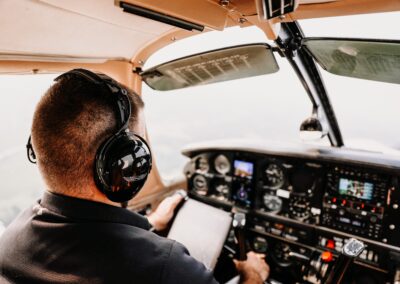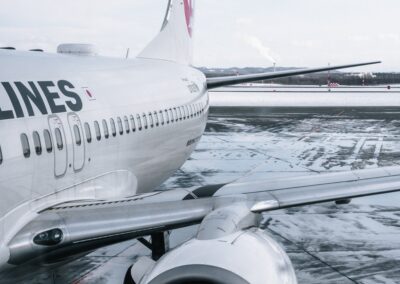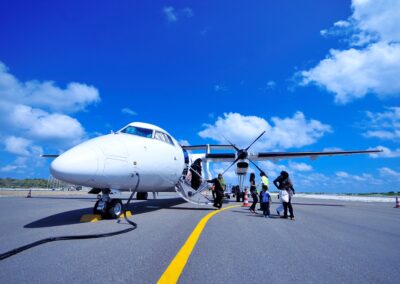Aviation English
Aviation communication is one rare area where standards are rigorously maintained by any central body. Aviation English is a highly specialised language. Aviation English is a very formalised and technical way of speaking – even native English speakers need to spend time learning it.
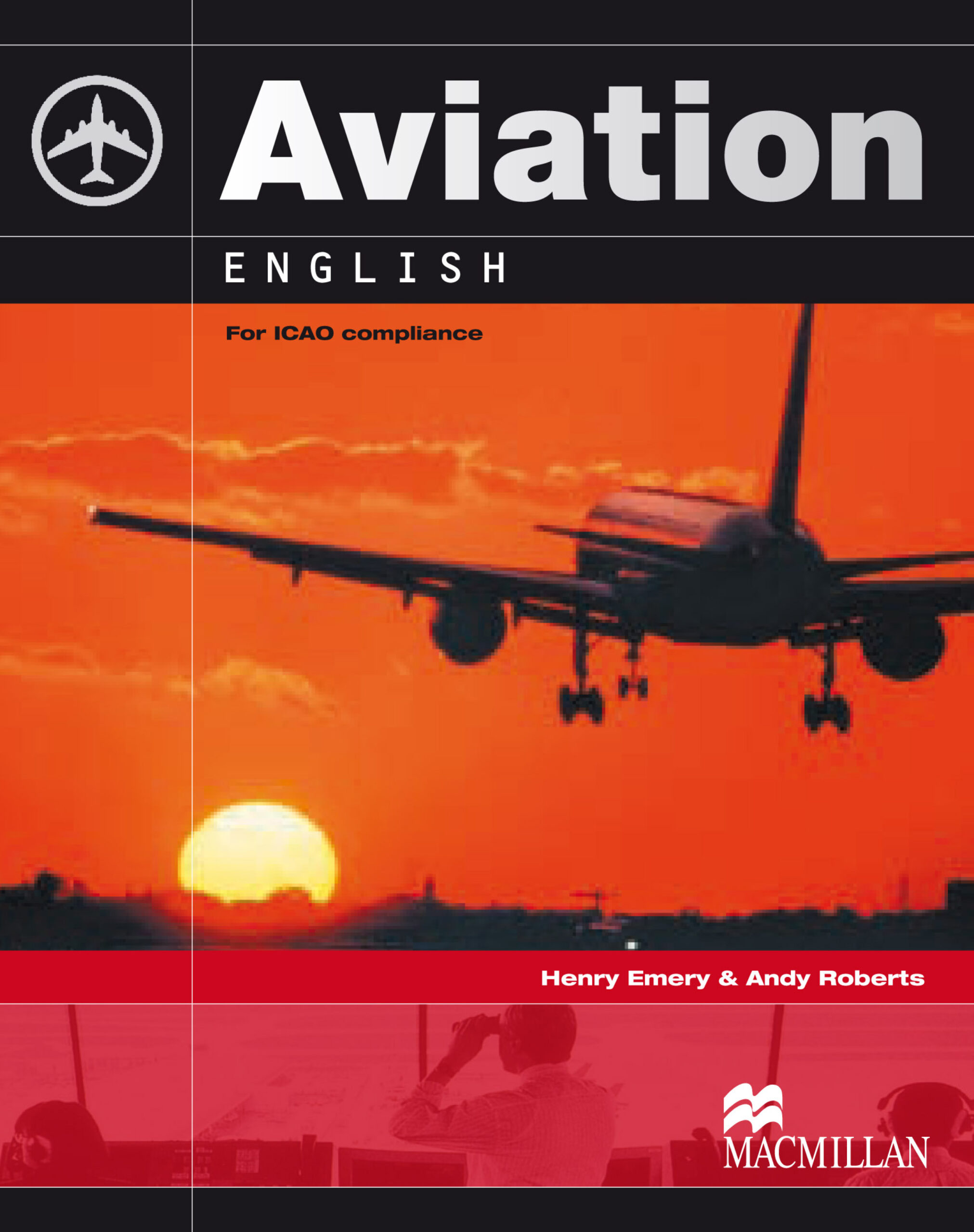
This course is presented to students who are planning on entering aviation in a career as pilot or air-traffic controller.
If you wish to enter into aviation as a career, it is advised that you start learning English as early as possible. English is compulsory for all pilots who cross any borders.
The minimum level for pilots are B2
Students will need to demonstrate proficiency to the baseline ICAO(Internation Civil Aviation Organisation) level 4 should they intend to fly internationally, with some airlines setting even higher standards for recruitment. In order to support safe and sustainable civil aviation operations, the need for specific purpose aviation English training to equip students for success at flight school and their career beyond is as pressing as ever.
Through research activities conducted B2 Level (Vantage or upper intermediate) on the Common European Framework of Reference (CEFR) is identified as the target for listening, reading and speaking skills, the same level identified as the target for many undergraduate university courses around the world.
With this target in mind, the next consideration is the number of guided learning hours that aviation students require to reach CEFR B2. This is dependent on a number of factors, the most important of which is the level of the learner at the point they enrol in a preparatory aviation English course. ICAO guidance suggests that ‘between 100 and 200 hours of English language learning activities are required for any measurable improvement in ability. In terms of the CEFR, as a rough guide, ‘it takes approximately 200 guided learning hours for a language learner to progress from one level of the CEFR to the next. This is a significant learning requirement which places demands not only on the learners and their sponsors, but on the language teachers tasked with programme development and delivery. Even with intensive language learning, which we would suggest is best limited to a maximum of 5 hours per day, this would result in a full-time aviation English course of 8 weeks.
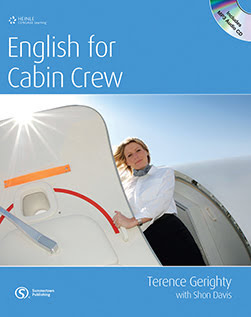
This course is presented to students who are planning on entering aviation in a career as pilot or air-traffic controller.
If you wish to enter into aviation as a career, it is advised that you start learning English as early as possible. English is compulsory for all pilots who cross any borders.
The minimum level for pilots are B2
Students will need to demonstrate proficiency to the baseline ICAO(Internation Civil Aviation Organisation) level 4 should they intend to fly internationally, with some airlines setting even higher standards for recruitment. In order to support safe and sustainable civil aviation operations, the need for specific purpose aviation English training to equip students for success at flight school and their career beyond is as pressing as ever.
Through research activities conducted B2 Level (Vantage or upper intermediate) on the Common European Framework of Reference (CEFR) is identified as the target for listening, reading and speaking skills, the same level identified as the target for many undergraduate university courses around the world.
With this target in mind, the next consideration is the number of guided learning hours that aviation students require to reach CEFR B2. This is dependent on a number of factors, the most important of which is the level of the learner at the point they enrol in a preparatory aviation English course. ICAO guidance suggests that ‘between 100 and 200 hours of English language learning activities are required for any measurable improvement in ability. In terms of the CEFR, as a rough guide, ‘it takes approximately 200 guided learning hours for a language learner to progress from one level of the CEFR to the next. This is a significant learning requirement which places demands not only on the learners and their sponsors, but on the language teachers tasked with programme development and delivery. Even with intensive language learning, which we would suggest is best limited to a maximum of 5 hours per day, this would result in a full-time aviation English course of 8 weeks.
